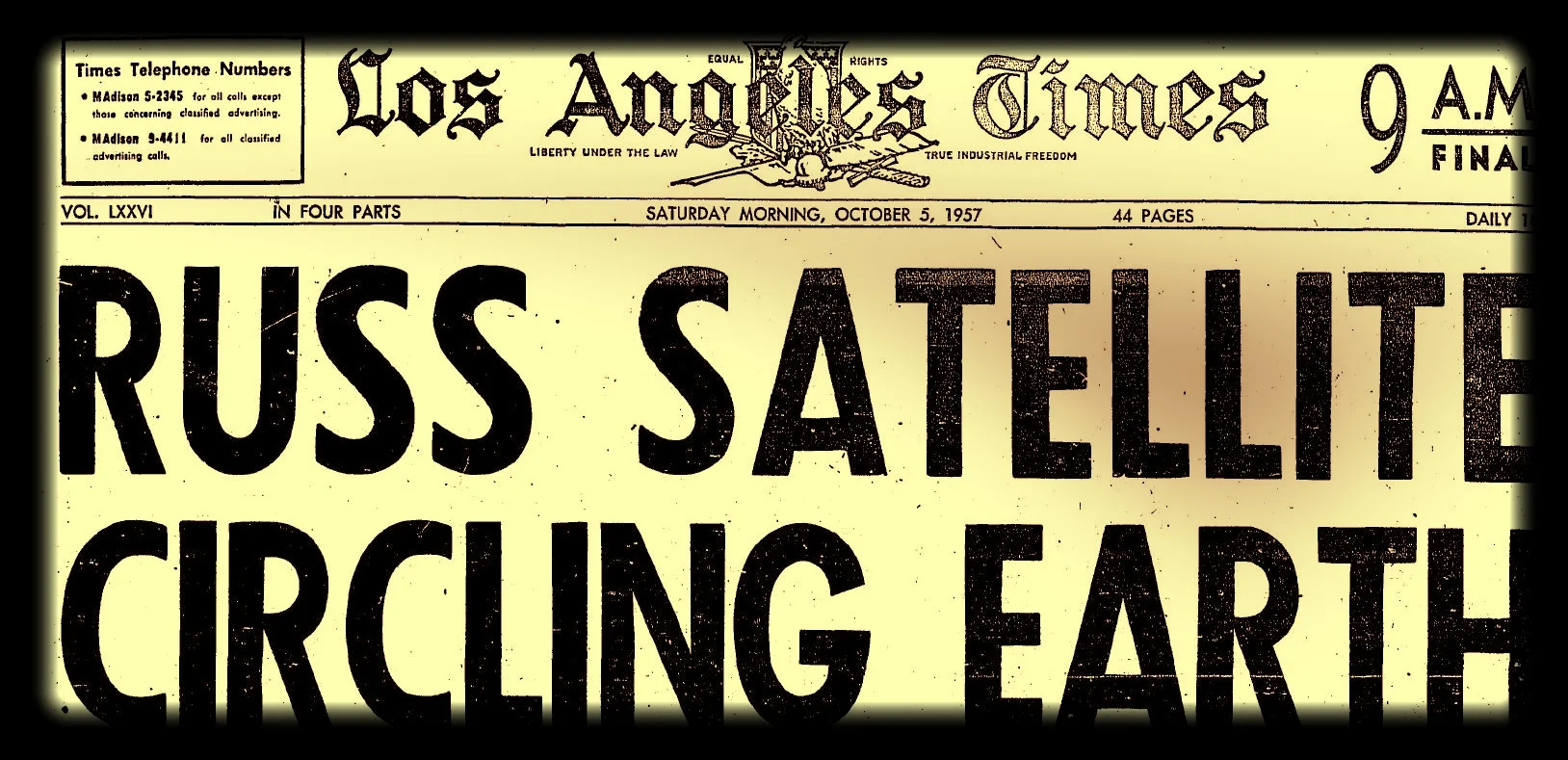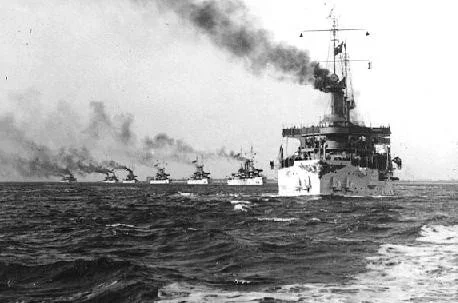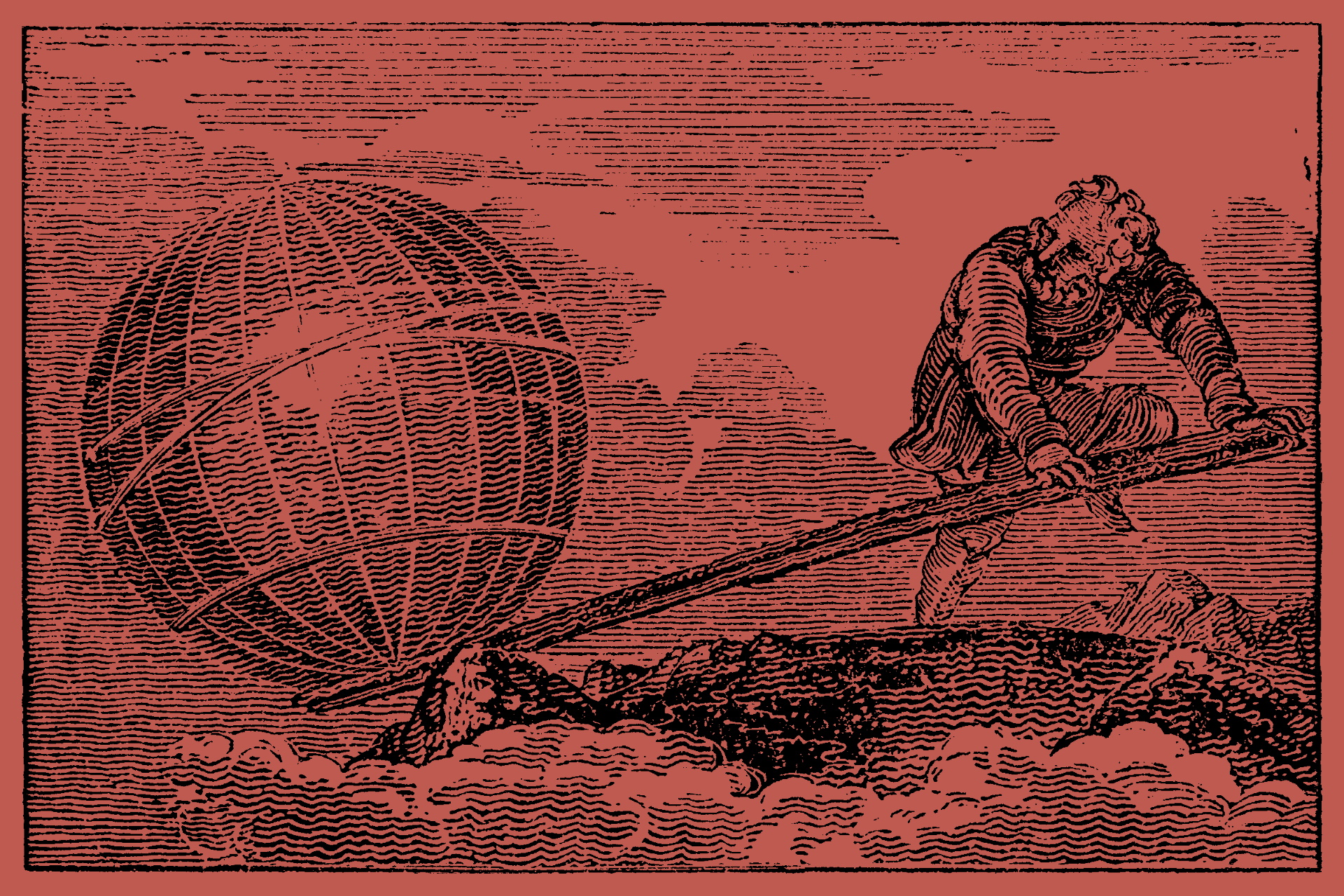The value of each of us delving into our own personal views is that it starts a conversation…and by doing so, it creates more relationships to sharpen the theory, improve the argument, and hopefully strengthen the ability for application.
Superpower: A Personal Theory of Power
A state can exist as poor or rich, powerful or weak, and even very crude military strategies may suffice because a state can appeal to the order provided by alliances with superpowers and international conventions sustained by superpowers to meet their control needs. On the other hand, a superpower must, by definition, remain preeminently powerful and well resourced. This modifies a superpower’s definition of control.
Air Power: A Personal Theory of Power—Annihilation, Attrition, and Temporal Paralysis
While there are few truly unique aspects of domain-specific forms of power, each form has advantages that make it exceptional from others. For air power, that is speed, reach, height, ubiquity, agility, and concentration, which combine to provide it exceptional flexibility and versatility. While air power has demonstrably contributed to strategic effect via the strategies of annihilation and attrition, it has also done so via temporal paralysis.
Sea Power: A Personal Theory of the Power of Opportunity
Air and land power leave monuments to teach us of their authority: from the House of Commons’ bomb-scorched archway to the nation-wide wreckage of the Syrian Civil War. Sea power’s traces are washed away by its namesake — no rubble marking the battle of USS Monitor vs. CSS Virginia nor shattered remains of the convoys from the Battle of the Atlantic. The power with which the sea consumes is the same power with which sea power is imbued. Sea power’s force, persistence, and fluidity –the vast opportunities afforded by the sea — create three properties: the gravitational, phantasmal, and kinetic manifestations of its power.
Nuclear Weapons: A Personal Theory of Power Thinking about Strategy and Nuclear Weapons
Nuclear thinkers had no data-rich nuclear history to work from and so they built their theory upon deductive models. The result is a body of thought that reflects less an understanding of the worth of nuclear weapons for military practitioners than a collection of elegant models and American preferences that are confused with universal truths. In addressing the topic of nuclear weapons and strategy, we attempt to offer not a novel construct for thinking about nuclear weapons, but to highlight some of the shortcomings of the dominant approach to thinking about strategy and nuclear weapons and to suggest some guideposts to improve strategic thinking.
A Personal Theory of Strategy, Politics, Power, Control: Theorising Strategy in the Cognitive and Physical Spheres
The character of contemporary conflicts whether diplomatic or political, as illustrated by recent events in both the South China Sea and the Ukraine, has shown that power can be created and the aims of policy can be achieved through more than the simple application of force. In this regard a framework that applies the same understanding of strategy to achieve a policy through brinkmanship, economic coercion, or the use of military force, is of significant utility.
Space Power: A Personal Theory of Power and the Buttress of the Modern Military
Earth-shaking rocket launches aside, space is the silent partner in nearly American military endeavor today. Operations Enduring Freedom and Iraqi Freedom and the subsequent counterinsurgency operations that followed demonstrated that clearly enough. Space guides soldiers, sailors, airmen, and bombs to their targets, gives the photographs and signal intercepts to understand what enemies are planning, and provides secure, global communication in an era of global need.
Amphibious Power: A Personal Theory of Power and a Key Element in the Strategic Theory Canon
Sea Power Matters: A Personal Theory of Power Bringing Balance to the Force
It shouldn’t surprise any of us that combat at sea is the focus of the United States Navy. It seems perfectly rational. This focus, codified in law and embraced by recent tradition, results in a view of sea power that skews toward the wartime, both the operational and tactical. Over the past century this has resulted in a slow migration away from the true meaning of the word. “Sea power” has lost the broad political, diplomatic, and economic meaning and the importance that it once had, shifting away from its true and proper place in strategic affairs.
Land Power: A Personal Theory of Power as More than Simply the Element of Decision
When a political decision requires a definitive, more enduring answer, land power will likely be the main element of national power employed — there’s a reason the key theorist of war and land power focused on destroying an adversary’s armed forces, occupying his country, and breaking that nation’s will as his three main objectives in war.
Social Choice: A Personal Theory of Power in Preferences, Choices, and Strategy
There are many sources of power, but this essay focuses on choice-theoretic research and social choice in particular. Social choice concerns the process by which individual preferences are aggregated into collective choices through group decision processes such as voting. I hope to convince the reader that strategists ought to be thinking about social choice and its implications for the complexity of attaining stable agreement. It is by pondering the nature of social choice that we truly understand why the strategist is a “hero.”
Cyber Power: A Personal Theory of Opportunity, Leverage, and Yet…Just Power
Cyberspace is enabling new forms of communication, influence, awareness, and power for people around the world. Families use cyberspace to communicate face-to-face over great distances. Financial institutions execute global business and commodity trades at the speed of light through the cyberspace domain. The world’s citizens are granted unprecedented access to information, facilitating more awareness and understanding than at any time in history. Yet the same cooperative domain that fosters so much good for mankind also offers a tremendous source of power.
Joint Action: A Personal Theory of Power
Despite the historical success of joint action, many professional warriors and strategists continually debate which military function is most decisive in the termination of war. Even today, some question whether it is indeed worth the effort to work through the complications of combining competing strategies into effective joint action. My personal theory of joint action proposes an artful blend of both sequential and cumulative strategies to conduct unified operations that most effectively achieve our national objectives. Strategic effect is reduced when either cumulative or sequential strategies are parochially subordinated to the other, since there is no single, decisive function, service, or role in war.
Defense Industrial Base: A Personal Theory of Power and A Path to Achieving Political Objectives Independently
The Cognitive Domain: A Personal Theory of Power
Complementary mental models hold the social world together. It’s not the lines painted on the road that keep us from careening into each other on the highway, as we sadly find out too often. Paper money has no intrinsic value on its own, unless you like the pictures and holograms, are trying to start a fire, need a bookmark, or have just run out of toilet paper. Online credit purchases do not even require the plastic card anymore, and only work because we collectively believe that strings of ones and zeros — stored electronically in computers that we’ll never see — equal our right to receive services and things from other people, and keep them. In all of these cases, it’s not about the symbolic artifact. Our agreements about what those artifacts represent, and our willingness to act on those beliefs, are what keep the wheels of society turning.
Theory Properly Constructed: A Starting Point for our Personal Theories of Power
“Questions are our best friends for the invention and refinement of strong useful theory, and they are the lethal enemies of poor theory,” Colin Gray reminds us. Now its time to put that idea to the test, ever mindful of the Master’s aim for theory: "The primary purpose of any theory is to clarify concepts and ideas that have become, as it were, confused and entangled. Not until terms and concepts have been defined can one hope to make any progress in examining the question clearly and simply and expect the reader to share one’s views."

















